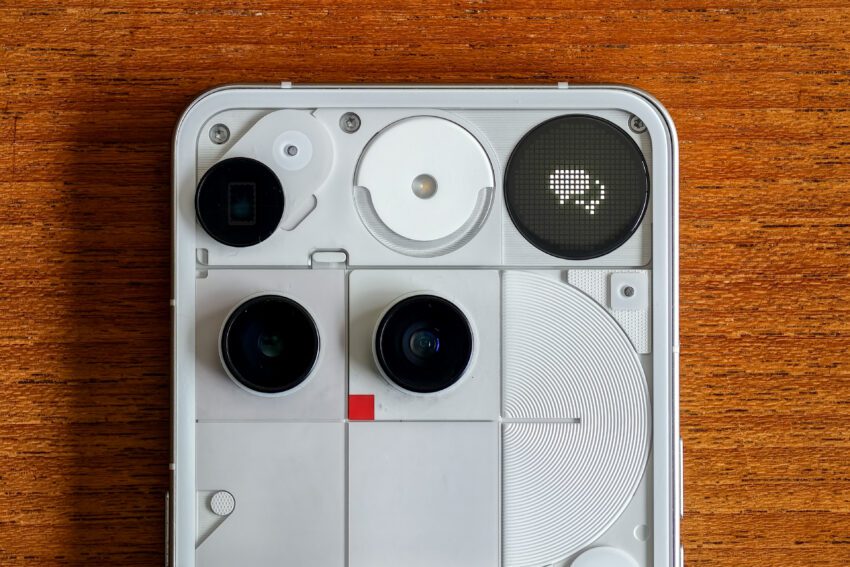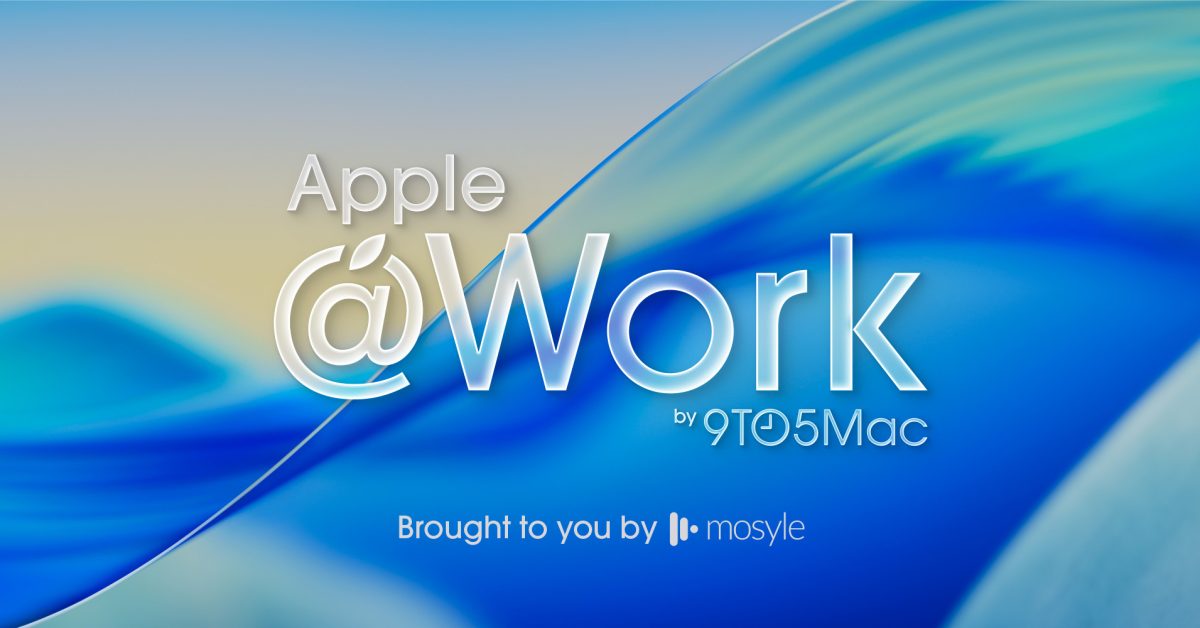
nothing plans to launch first ai-native devices Nothing, the London-based consumer tech startup, has announced plans to launch its first AI-native devices next year, following a significant funding round that raised $200 million.
nothing plans to launch first ai-native devices
Funding and Valuation
In a recent press release, Nothing revealed that the $200 million investment has elevated its valuation to $1.3 billion. This financial boost is expected to facilitate the company’s expansion efforts, allowing it to ramp up distribution and accelerate innovation in the tech sector. The funding round attracted notable investors, reflecting growing confidence in Nothing’s vision and potential in the competitive consumer electronics market.
Vision for AI-Native Devices
At the core of Nothing’s ambitious plans is the concept of “AI-native” devices, which the company defines as hardware that operates on a new type of operating system designed specifically for artificial intelligence. Founder and CEO Carl Pei emphasized that this AI OS will deliver a “hyper-personalized experience” for users. However, the specifics of how this operating system will be structured remain somewhat ambiguous. It is unclear whether Nothing’s new OS will be built on top of Android, similar to its existing Nothing OS, or if it will represent a completely new framework.
The Role of AI in Future Devices
Pei envisions a future where AI-native platforms will run a wide array of devices, including smartphones, headphones, smartwatches, and even more advanced technologies such as smart glasses, electric vehicles, and humanoid robots. He expressed confidence that the new operating system will be adaptable enough to support “whatever comes next” in the tech landscape. This broad vision aligns with current trends in the tech industry, where AI is increasingly integrated into various devices to enhance functionality and user experience.
Challenges Ahead
Despite the optimistic outlook, Nothing faces significant challenges in bringing its AI-native devices to market. One of the primary hurdles will be generating consumer demand in a category that has historically struggled to engage the mass market. Even industry giants like Apple have encountered difficulties in successfully launching AI-driven products that resonate with consumers.
Competitive Landscape
The competitive landscape for AI-native devices is becoming increasingly crowded. Notably, former Apple designer Jony Ive is collaborating with OpenAI to create a “screen-free” device, which adds another layer of competition for Nothing. The presence of such high-profile competitors underscores the challenges that startups like Nothing will face in carving out a niche in the AI device market.
Strategic Positioning
In light of these challenges, Pei believes that Nothing is uniquely positioned to succeed in developing AI-native devices. He stated, “Owning the last-mile distribution point with all its contextual and user knowledge is essential to developing an OS that will help people in their daily lives.” This statement highlights the importance of understanding user needs and preferences in creating a truly personalized AI experience.
The Importance of User Knowledge
Pei further elaborated that an AI operating system that lacks insight into its user cannot deliver the level of personalization that consumers increasingly expect. He emphasized that the next chapter for Nothing involves integrating AI experiences into its hardware devices, fundamentally reinventing how technology interacts with users. This approach aims to create a seamless and intuitive experience that enhances daily life rather than complicating it.
Market Implications
The introduction of AI-native devices could have significant implications for the broader tech market. As consumer expectations evolve, companies will need to adapt their offerings to meet the demand for more intelligent and personalized technology. This shift may lead to a reevaluation of existing business models and strategies, particularly for companies that have traditionally focused on hardware sales without a strong emphasis on software integration.
Potential for Disruption
Nothing’s focus on AI-native devices could potentially disrupt the market by setting new standards for user experience. If successful, the company may inspire other tech firms to invest more heavily in AI-driven solutions, leading to a wave of innovation across the industry. This could result in a more competitive landscape, where companies are compelled to prioritize user-centric design and functionality.
Stakeholder Reactions
The announcement has garnered mixed reactions from industry stakeholders. Some investors express optimism about Nothing’s potential to innovate within the AI space, while others remain cautious, citing the challenges of consumer adoption and market saturation. Analysts are particularly interested in how Nothing will differentiate its offerings from established players and emerging startups.
Consumer Sentiment
Consumer sentiment regarding AI-native devices is also a critical factor. While there is a growing interest in AI technologies, many consumers remain skeptical about their practical applications. Concerns about privacy, data security, and the potential for over-reliance on technology may hinder widespread acceptance of AI-native devices. Pei and his team will need to address these concerns proactively to build trust and encourage adoption.
Looking Ahead
As Nothing prepares for the launch of its first AI-native devices, the company is at a pivotal moment in its journey. The successful execution of its vision will depend on several factors, including effective marketing strategies, consumer education, and the ability to deliver a product that genuinely enhances the user experience.
Future Developments
In the coming months, industry watchers will be keen to see how Nothing navigates the challenges ahead. The company’s commitment to innovation and its focus on AI could position it as a leader in the next generation of consumer technology. However, the path to success will require careful planning, strategic partnerships, and a deep understanding of the evolving tech landscape.
Conclusion
Nothing’s plans to launch AI-native devices represent a bold step into the future of consumer technology. With a significant funding boost and a clear vision for integrating AI into everyday devices, the company aims to redefine how technology interacts with users. As the market evolves, Nothing’s ability to meet consumer expectations and differentiate itself from competitors will be crucial to its success. The coming year will be critical for the company as it seeks to turn its ambitious vision into reality.
Source: Original report
Was this helpful?
Last Modified: September 16, 2025 at 3:37 pm
1 views















